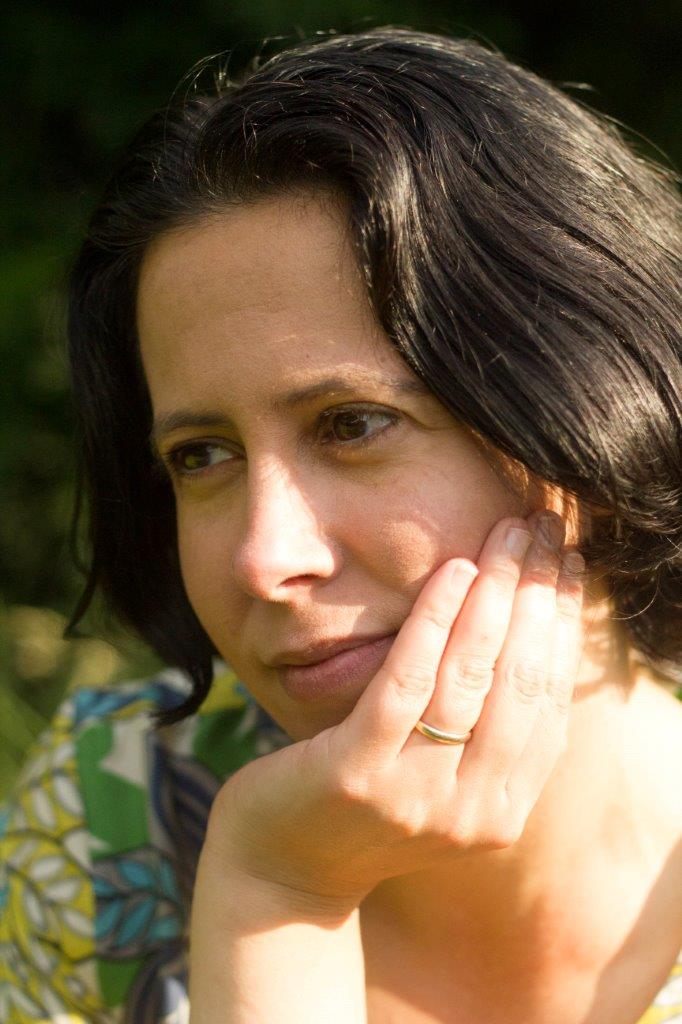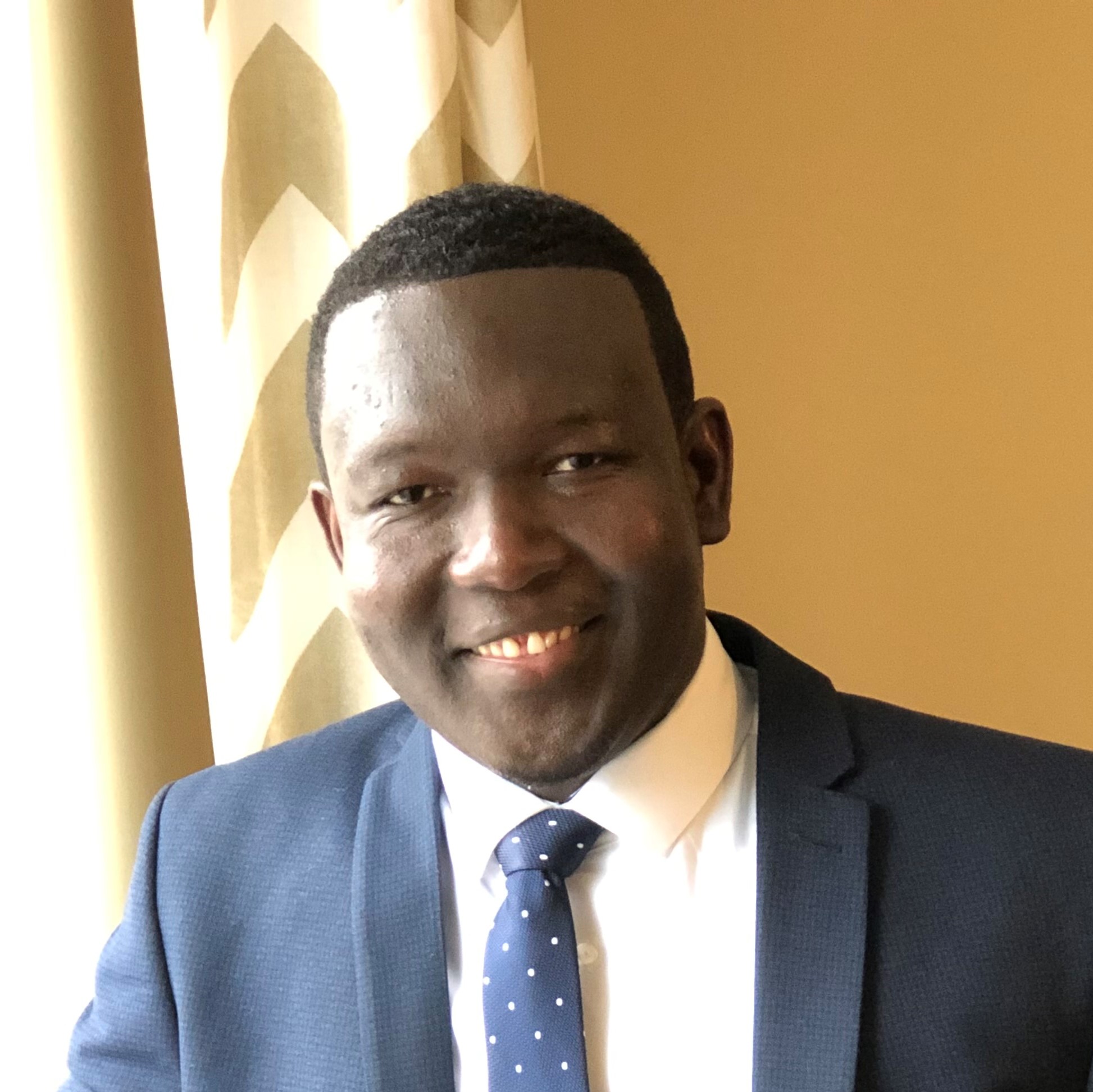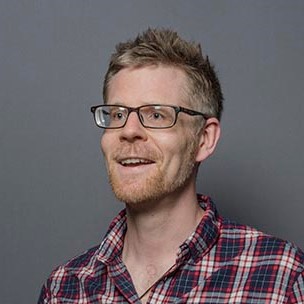Overview
The Civil Society, Development and Democracy (CDD) Pathway seeks to comprehend the ways in which systems and institutions of governance, in both the richer and poorer parts of the world, are evolving in a period marked by pronounced forms of contestation and crisis. We live in an era of fundamental structural change, from the global financial crisis of 2008 to the Covid-19 pandemic and beyond, and amid both a looming environmental emergency and the so-called fourth industrial revolution typified by automation and the rise of giant digital monopolies. These trends and events have fundamentally challenged existing ways of ordering the world, as well as our understanding of development, democracy and citizenship. Responding to these fundamental challenges, the CDD Pathway addresses critical questions about the resilience of democracy, the extent to which particular forms of governance are legitimate, and how citizenship is exercised in different places throughout the world. In turn, recognising the way that these challenges are mediated by pronounced forms of inequality, both within and between societies, the Pathway interrogates the uneven development experienced by countries and regions with contrasting histories of growth and decay, and examines the kinds of public and social policies and agendas that shape development at the local, national, regional and global levels.
Contributing disciplines
To understand how individuals, families, communities and societies as a whole shape and are shaped by broad processes of power and global political change, the CDD Pathway brings together researchers from a range of academic fields. These include politics, international relations, social policy and sociology, development, urban studies, anthropology, economics, geography, area studies and law. To develop new ways of thinking about these important challenges, the Pathway encourages innovative forms of interdisciplinary research that draws on a diverse range of methodological traditions.
Pathway training and development
The CDD Pathway offers training on the key concepts and the theoretical lenses that shape our understanding of democracy, development and citizenship. These opportunities create a space where students and academics can engage in productive intellectual changes across a range of fields. The Pathway also offers skills workshops and training events for generating research impact beyond academia, on publishing academic research, and on communicating research to a variety of stakeholders. Recognising the need to build bridges between different forms of knowledge and achieving cognitive diversity in academia, the CDD Pathway training helps students to understand how concepts, theories and methods travel between societal and geographical contexts with different histories and trajectories.












